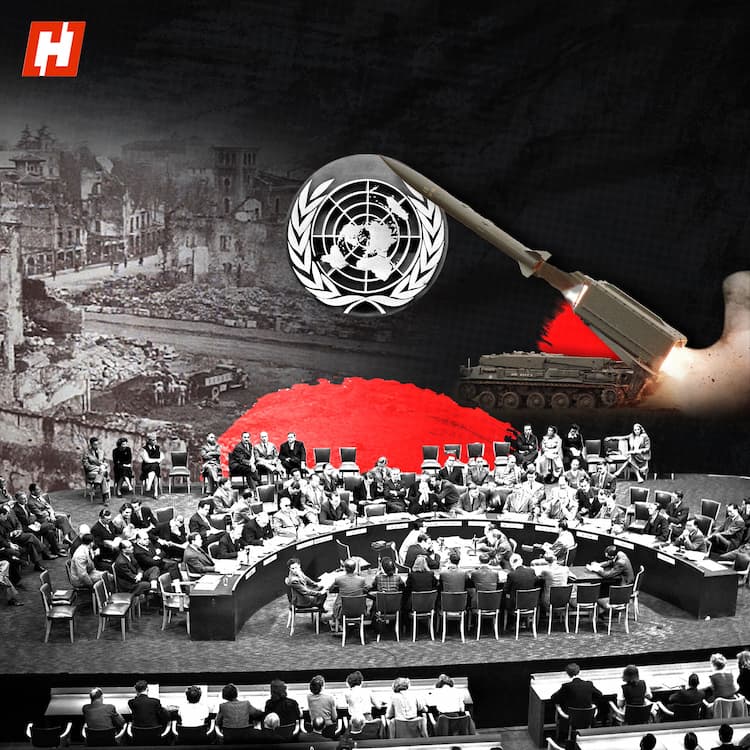Not a routine space trip
In 1991, veteran Soviet cosmonaut Sergei Krikalev embarked on what was meant to be a routine mission aboard the Mir space station. Little did he know, this journey would be etched into literal history, as the world he left behind unraveled.
Krikalev’s mission coincided with the collapse of the Soviet Union. While he conducted research in space, political and economic upheaval gripped his home country. The cosmonaut found himself orbiting the Earth as his nation ceased to exist.
Lost in Space
Amidst the chaos, Krikalev’s return to Earth was delayed. Funding shortages and a disrupted cosmonaut rotation program meant there was no one available to replace him. What was meant to be a few months turned into an unplanned 10-month stay. Floating in zero gravity, Krikalev maintained his routine by conducting experiments, maintaining Mir, and staying in contact with ground control. However, the uncertainty of his return with no clear timeline or solution, weighed heavily on Krikalev.
A country that was
After over 5,000 orbits of the Earth, when Krikalev finally returned to Earth, he landed in a country that no longer existed. The Soviet Union had dissolved, replaced by the Russian Federation and a patchwork of new independent states.
The physical toll on Krikalev was immense and would require extensive physical therapy. However, the emotional shock was just as profound because his country, flag, and leadership were all gone. He had left as a Soviet citizen and returned as a Russian. Despite the geopolitical chaos, Krikalev became a symbol of quiet resilience and unity.
Space historian Kathleen Lewis noted how his casual radio chats with Earth created a global web of informal contact, bringing people together in an unusual time. Krikalev’s mission was not just about science. It became a powerful metaphor, one man, alone in space, tethered to a planet undergoing dramatic change. Through it all, his calm voice on the radio offered a reminder of shared humanity, away from all man-made borders.
*This article has been curated by Hook. All claims and opinions expressed belong to the original author. Hook does not verify or endorse the information presented and is not responsible for its accuracy.*






